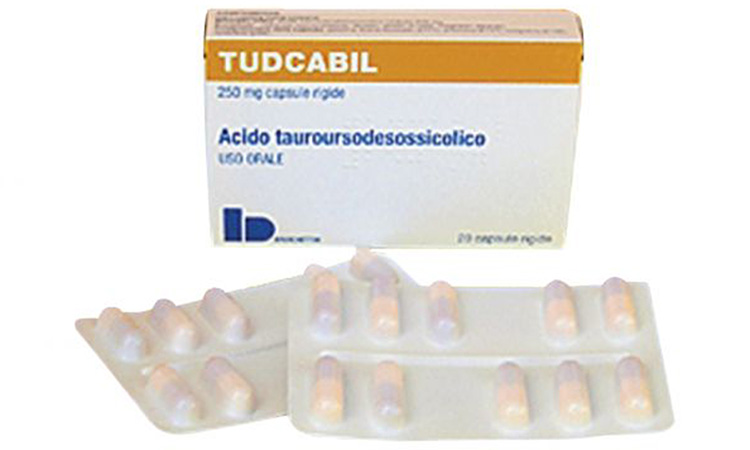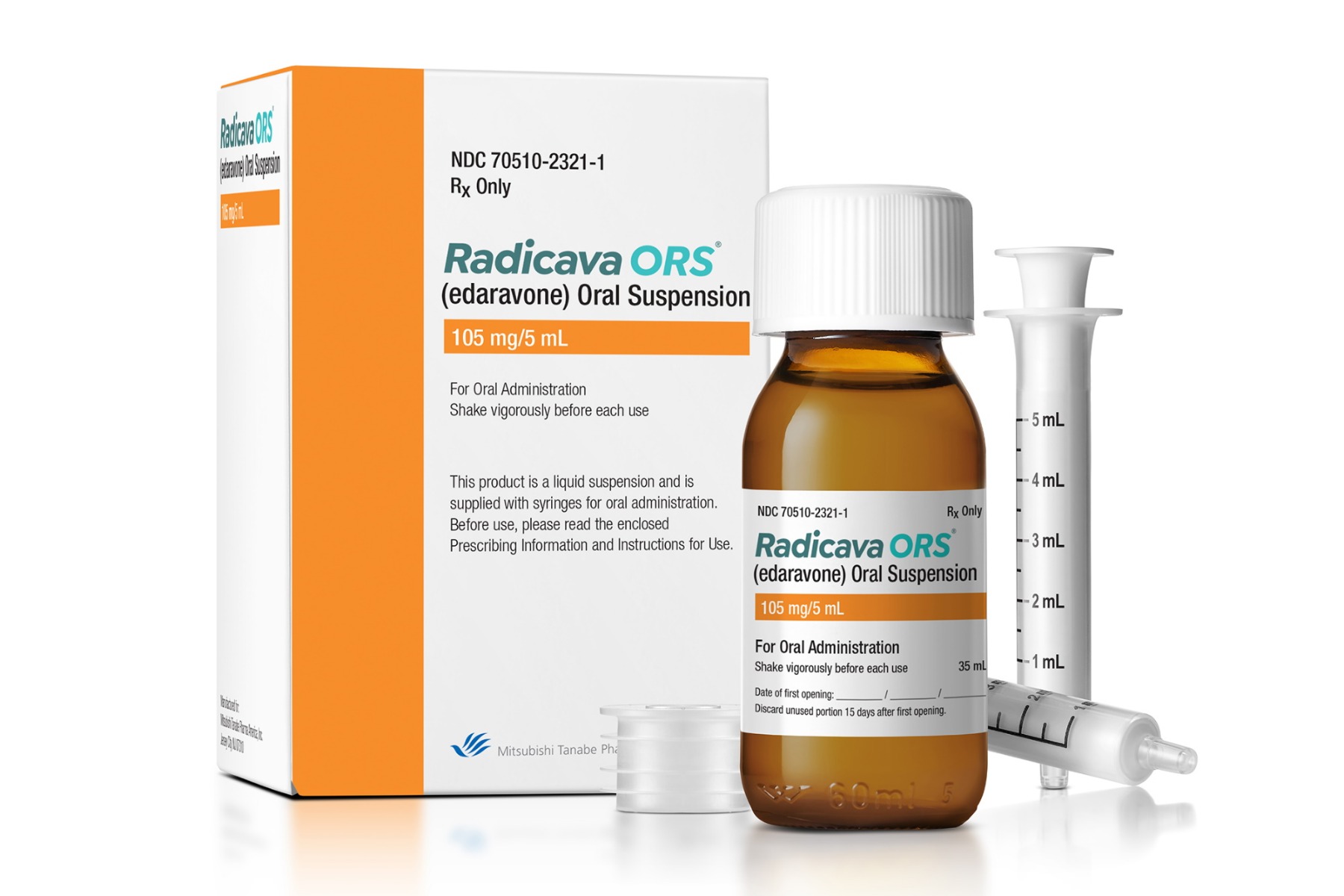Tudcabil (tauroursodeoxycholic acid) vs Radicava ORS (edaravone)
Tudcabil (tauroursodeoxycholic acid) vs Radicava ORS (edaravone)
Tudcabil (tauroursodeoxycholic acid) is a bile acid derivative that has been approved by the FDA for the treatment of primary biliary cholangitis (PBC), a rare liver disease, and is being investigated for its potential neuroprotective effects in various neurological disorders. Radicava ORS (edaravone) is an oral suspension formulation of edaravone, which is an antioxidant drug approved for the treatment of amyotrophic lateral sclerosis (ALS), a neurodegenerative disease. When deciding between these medications, it is crucial to consider the specific condition being treated, as Tudcabil is targeted towards liver-related disorders while Radicava ORS is specifically indicated for slowing down the progression of ALS.
Difference between Tudcabil and Radicava ORS
| Metric | Tudcabil (tauroursodeoxycholic acid) | Radicava ORS (edaravone) |
|---|---|---|
| Generic name | Tauroursodeoxycholic acid | Edaravone |
| Indications | Cholestatic liver diseases, cystic fibrosis-related liver disease | Amyotrophic lateral sclerosis (ALS) |
| Mechanism of action | Improves bile flow and reduces biliary inflammation | Free radical scavenger that protects against oxidative stress |
| Brand names | Tudcabil | Radicava, Radicut |
| Administrative route | Oral | Oral suspension |
| Side effects | Diarrhea, nausea, abdominal pain | Headache, gait disturbance, bruising |
| Contraindications | Hypersensitivity to the active substance or excipients | Hypersensitivity to edaravone or any excipients of the formulation |
| Drug class | Bile acid | Free radical scavenger |
| Manufacturer | Not widely commercialized; various manufacturers for research | Mitsubishi Tanabe Pharma |
Efficacy
Tudcabil (Tauroursodeoxycholic Acid) for ALS
Tauroursodeoxycholic acid, known under the brand name Tudcabil, is a bile acid that has been investigated for its potential therapeutic effects in neurodegenerative diseases, including Amyotrophic Lateral Sclerosis (ALS). ALS is a progressive neurodegenerative disease that affects nerve cells in the brain and the spinal cord, leading to loss of muscle control. Although Tudcabil has not been approved by regulatory agencies specifically for ALS, research suggests that it may have neuroprotective properties that could be beneficial in treating this condition. The efficacy of Tudcabil in ALS patients is being evaluated through clinical trials, and preliminary results show some promise in slowing the progression of the disease, although more extensive studies are needed to confirm these findings.
Radicava ORS (Edaravone) for ALS
Radicava ORS (edaravone) is an oral suspension formulation of the free radical scavenger edaravone, which is approved for the treatment of ALS. Edaravone works by relieving oxidative stress, a contributing factor in the neuronal cell damage associated with ALS. Clinical trials have demonstrated that Radicava ORS can slow the decline in physical function in ALS patients, as measured by the ALS Functional Rating Scale-Revised (ALSFRS-R), a standard tool used to assess the capabilities of ALS patients in various daily activities.
The efficacy of Radicava ORS was established based on a six-month clinical trial conducted in Japan, which showed that ALS patients receiving edaravone experienced less functional loss compared to those receiving a placebo. Subsequent studies and real-world data have supported the findings that Radicava ORS can provide a modest benefit in preserving motor function in ALS patients. However, it is important to note that while Radicava ORS can slow disease progression, it is not a cure for ALS, and the response to treatment can vary among individuals.
In conclusion, both Tudcabil and Radicava ORS represent potential treatment options for ALS, with Radicava ORS being an approved medication for this indication. While Tudcabil's efficacy in ALS is still under investigation, Radicava ORS has been shown to have a positive impact on the progression of the disease. Patients and healthcare providers should consider the benefits and risks of these treatments, and make informed decisions based on the latest clinical evidence and individual patient circumstances.
Regulatory Agency Approvals
Tudcabil
-
Italian Medicines Agency (AIFA), Italy

Radicava ORS
-
Food and Drug Administration (FDA), USA

-
Health Canada

Access Tudcabil or Radicava ORS today
If Tudcabil or Radicava ORS are not approved or available in your country (e.g. due to supply issues), you can access them via Everyone.org.
How it works

Make an enquiry
Choose the medicine you want to buy, answer a couple of questions, and upload your prescription to speed things up. We’ll get back to you within 24 hours.


Make an enquiry
Choose the medicine you want to buy, answer a couple of questions, and upload your prescription to speed things up. We’ll get back to you within 24 hours.


Breeze through the paperwork
We'll guide you through the required documents for importing unapproved medicine, ensuring you have all the necessary information.


Get a personalized quote
We’ll prepare a quote for you, including medicine costs and any shipping, administrative, or import fees that may apply.


Receive your medicine
Accept the quote and we’ll handle the rest - sourcing and safely delivering your medicine.

Some text on this page has been automatically generated. Speak to your physician before you start a new treatment or medication.
Let's talk
If you have any questions, call us or send us a message through WhatsApp or email:
Contact us




